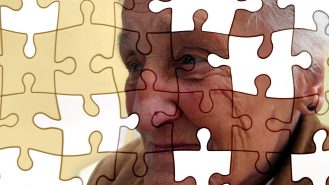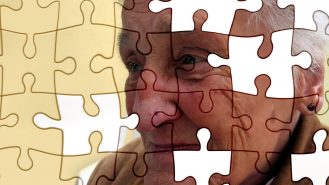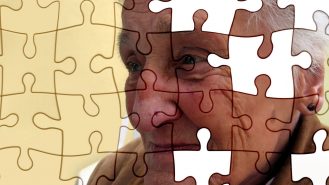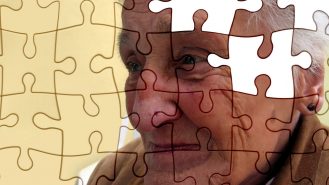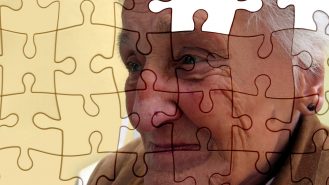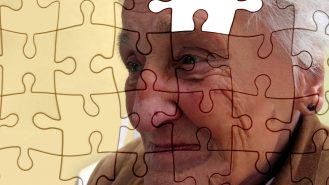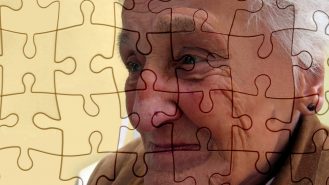- Home page
- What is U3A?
- Course Structure
- 2025 Timetable
- 2025 Courses
- Enrolment
- Interest Groups
- Annual Fee Form
- Earlier Courses
- Contact Us
- Notices for Members
- U3A Okeover Annual Report 2024
- U3A Okeover Financial Statements 2024
- UC Māpura Bright Start Scholarship
- Guide for Course Presenters
- Guide for Course Organisers
Trials and tribulations of private life in the Middle East
Luncheon follows: If your enrolment notes that you wish to attend the End-of-year Luncheon ($17) then please proceed straight to the Hornby Working Men’s Club after the presentation given on 12th November by Judy Dodwell.
The thirst for water in Canterbury
In this course experts will describe the large projects for water management in Canterbury.
Topical Issues for New Zealanders
The issues on which this course is based have been chosen because they are current and have the tendency to polarise opinion. The presenters are all experts in their particular fields and will outline current thinking and endeavour to peel away the emotion attached to the topics. The sessions will invite discussion between members and presenter so that whatever opinions we hold on those topics at least we come away better informed.
When Books are in Focus
When Books are in Focus: Books have multiple functions in our lives. The text, of course, is central to the purpose and values of why we read books. We also value them as objects in themselves. And books may also be unique artefacts in the fabric of cultural heritage. In this course five local book enthusiasts will talk about significant ways they relate to books in their work or leisure reading.
Religion as a Societal Phenomenon
The course on Religion will attempt to answer such questions as:
• Where does religion come from and why do we have it?
• Is it part of the human psyche?
• What do we mean when we speak of religion?
• What is the difference between a religion and a philosophy?
• Is a religion necessary for providing a moral base for a given society?
• Do religious people behave or act differently from those who hold to no particular religious belief?
• To what extent do religious beliefs change as societies develop?
• As science finds answers to questions previously answered by religion what is the future of religion?
